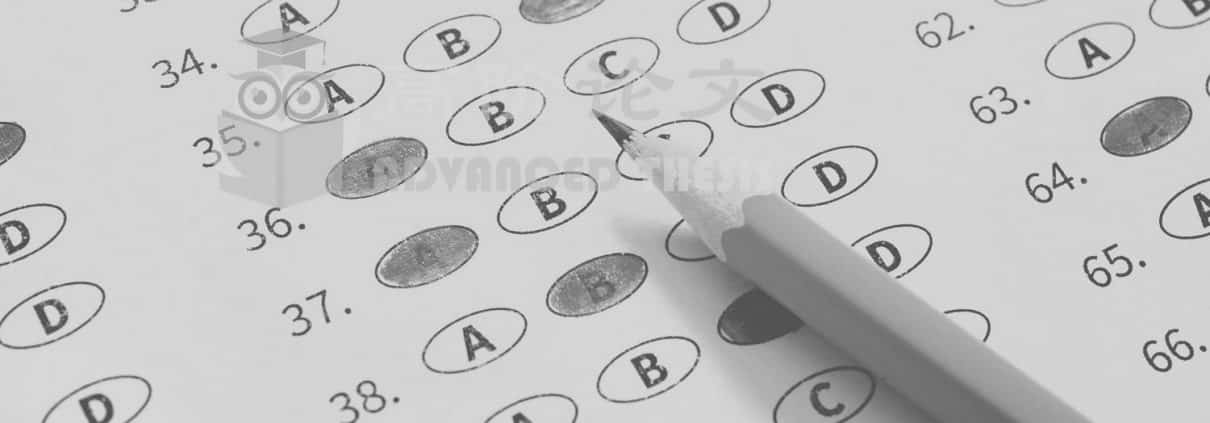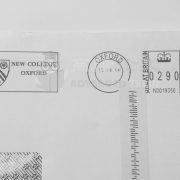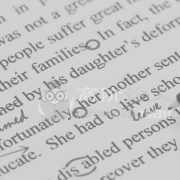新西兰犯罪学论文代写:过失侵权法
新西兰犯罪学论文代写:过失侵权法
“多诺霍诉史蒂文森案”确立了建立“过失侵权法”的背景。在这种情况下,1932年上议院的Donoghue v Stevenson(1932)AC 562确定,一个人违背对邻居的谨慎义务是合法的错误。在Donoghue和一个朋友在一家咖啡馆的情况下,Donoghue的朋友买了一个Stevenson的标题啤酒。在啤酒中发现了一只蜗牛的遗体。喝啤酒的Donoghue生病了,后来起诉Stevenson。尽管在审判中不成功,稍后向上议院提出的上诉称,即使在没有合同的情况下,也存在由于疏忽而造成伤害的责任。这是邻居测试成立的第一例。制造商将对最终消费者负有照顾责任。没关系,生产商/制造商和最终客户之间的分销商数量是多少。制造商的注意义务延伸到最终客户。这个案子的一个论据是没有违约。不过,法官认为,在这种情况下,由于双方关系,可以说制造商有责任承担责任。然而,当时的上诉Buckmaster和Tomlin不同意这个上诉,他说,为了给制造商一个特殊的责任,可能会引起许多复杂的情况进入讨论,法院必须解决人与人之间的共存问题人们。然而,即使现在阿特金勋爵所定的邻居的定义和邻居的定义,
“那么,法律上,谁是我的邻居呢?答案似乎是 – 那些被我的行为如此紧密和直接影响的人,我应该合理地让他们沉思,因为在我指导我们思考被调用的行为或不作为时(Donoghue v Stevenson [1932] AC 562,在580)
新西兰犯罪学论文代写:过失侵权法
The Donoghue v. Stevenson case set the context of establishing the tort law of negligence. In this case Donoghue v Stevenson [1932] AC 562 of 1932 the House of Lords established that it would be a legal wrong for a person to breach their duty of care to their neighbour. In the case Donoghue and a friend were at a cafe, and the friend of Donoghue bought a Stevenson’s titled beer. In the beer was found the remains of a snail. Donoghue who drank the beer fell sick and later sued Stevenson. Although unsuccessful at trial, a later appeal to the House of Lords states that there was liability in negligence for injury even under the absence of contract. This was the first case in which the neighbour test was established. The manufacturer will owe a duty of care to the final consumer. It does not matter, how many the number of distributors is in between the producer/manufacturer and the end customer. The manufacturer’s duty of care extends till the end customer. An argument made in this case was that there was no breach of contract. However the judges held that in such cases on account of the relationship between the two parties, a duty can be said to be held by the manufacturer. This appeal which was allowed was however dissented by Lords Buckmaster and Tomlin at that time who stated that to allow a special duty to the manufacturer might cause many complex situations to be brought into discussions, where courts will have to address co-existence of people and peoples. However the case and its definition of neighbour as set by Lord Atkin is quoted even now,
“Who, then, in law, is my neighbour? The answer seems to be – persons who are so closely and directly affected by my act that I ought reasonably to have them in contemplation as being so affected when I am directing my mind to the acts or omissions that are called in question” (Donoghue v Stevenson [1932] AC 562, at 580)








